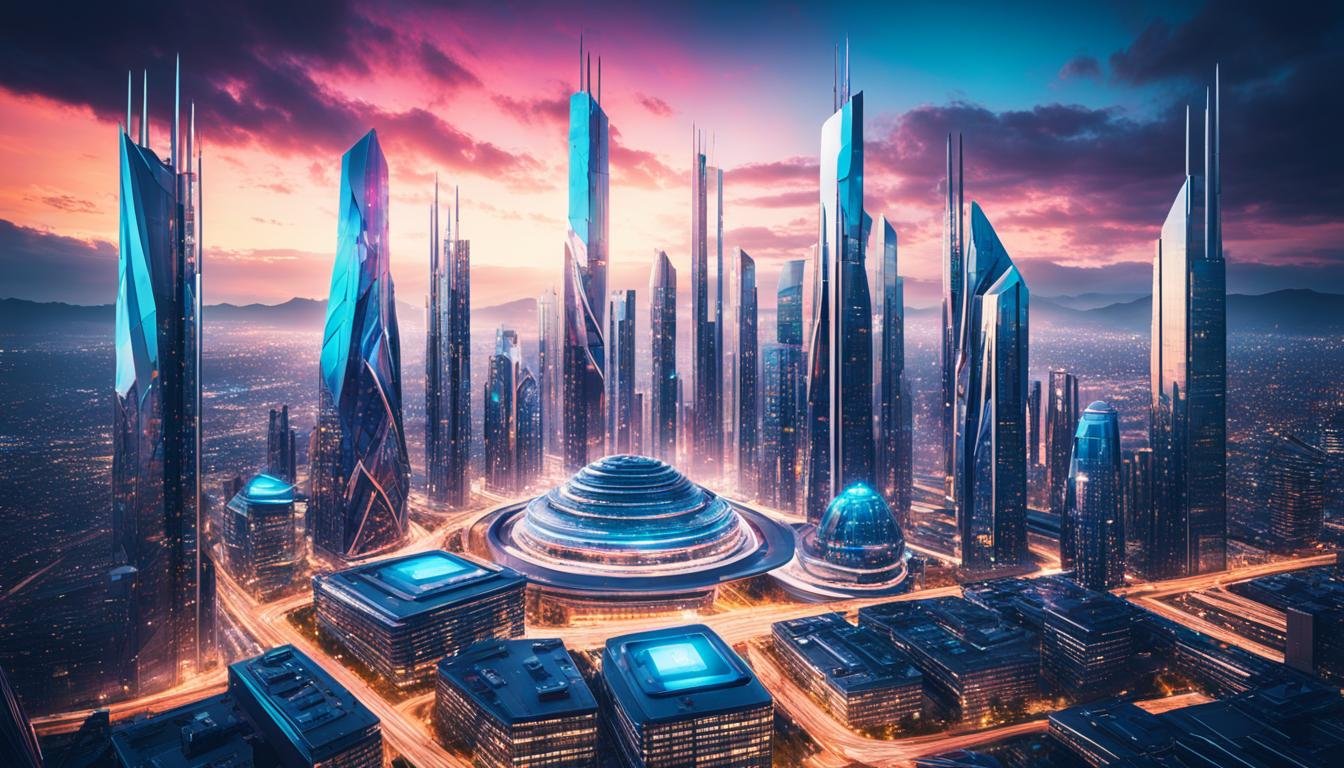
Landscape architecture is the art of designing our environment. It uses natural elements like stones, bricks, water, and landforms. Landscaping plans the drives, walks, lawns, shrubs, gardens, and flower-beds. This creates a beautiful setting for buildings and a healthy, natural space for people.
Artificial landscapes are made by humans, unlike natural landscapes that form on their own. These man-made environments can look like part of nature or be totally different. They can be parks or gardens.
But, keeping an artificial landscape looking great takes a lot of work. Things can break or wear out and need to be fixed or replaced. That’s why it costs a lot and needs skilled people to take care of it.
Key Takeaways
- Artificial landscapes are made by humans, unlike natural landscapes that happen on their own.
- They can look like part of nature or be totally different, like parks or gardens.
- Keeping them nice takes a lot of work because things can break or wear out.
- It costs a lot and needs skilled people to keep them looking good.
- Landscape architecture uses natural elements to make beautiful and healthy spaces.
Understanding Artificial Landscapes
Defining Artificial Landscape
An artificial landscape is made by humans, unlike natural landscapes that form on their own. It includes everything from beautiful gardens to entire cities made by people. These landscapes can be big or small, depending on the project.
China has been creating artificial landscapes for thousands of years, inspired by nature. In the 1700s, England introduced a new style of gardens that were more natural-looking. This style became popular all over the world.
Movies also use artificial landscapes. Filmmakers use “creative geography” to make scenes look like one place, even if they were filmed elsewhere. This lets directors create worlds that mix real and fake elements together smoothly.
| Type of Artificial Landscape | Examples |
|---|---|
| Designed Scenery | Manicured gardens, parks, golf courses |
| Fabricated Landscape Features | Artificial islands, cities, industrial complexes |
| Simulated Natural Environments | Film sets, video game environments |
Artificial landscapes are important in our world. They help shape our surroundings and influence what we see. They often mix the natural and man-made in interesting ways.
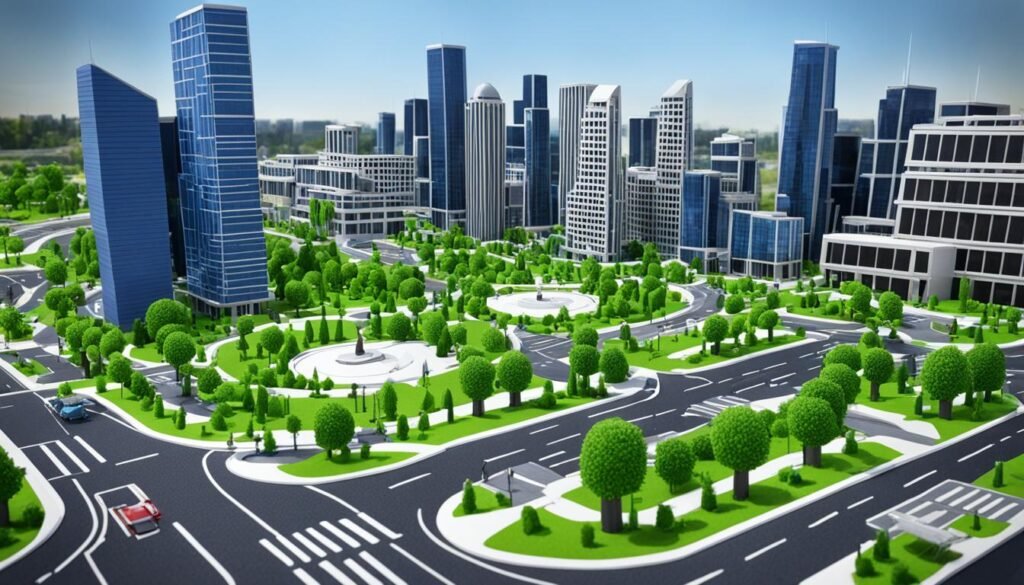
“The Capitolocene theory proposes that capitalism is the main driver for exploitation, gradually rendering all landscapes artificial.”
As we look at the line between nature and artificial landscapes, technology will play a big role. Tools like AI will help shape our future environments.
What Is Artificial Landscape
Artificial landscapes are special and eye-catching. They are made by people, not nature. These places are designed to look like part of nature or to be unique spots like parks and gardens.
Keeping artificial landscapes looking good takes a lot of work. Things can break or get old and need fixing or replacing. But, these places are worth it because they mix nature and human creativity. They can be peaceful spots in busy cities.
Artificial landscapes can also be made in movies using special effects. This makes it seem like a place is real and big. Even though you can’t touch these places, they can make you feel like you’re in a magical world.
Artificial landscapes show how we want to shape our world. They mix human ideas with nature’s beauty. This lets us see new ways to live and enjoy the outdoors.
| Statistic | Value |
|---|---|
| Size range of The Greenhouse Project artworks | 51×76 cm | 20×30″ and 76×51 cm | 30×20″ |
| Printing technique used | Archival Inkjet on cotton paper |
| Year range for the creation of the artworks | 2013 to 2014 |
| Waterfront in New York City | 526 miles containing hundreds of acres of constructed “land” |
| NYC’s million tree program | Serves as a model for other American cities to adopt scaled versions to increase urban tree coverage |
Artificial landscapes change and grow with us. They can fix problems like dirty water and help animals. They also make cities cooler by reducing heat.
As cities grow, artificial landscapes become more important. They make our cities look good and help the planet. They are key to making cities better places to live.
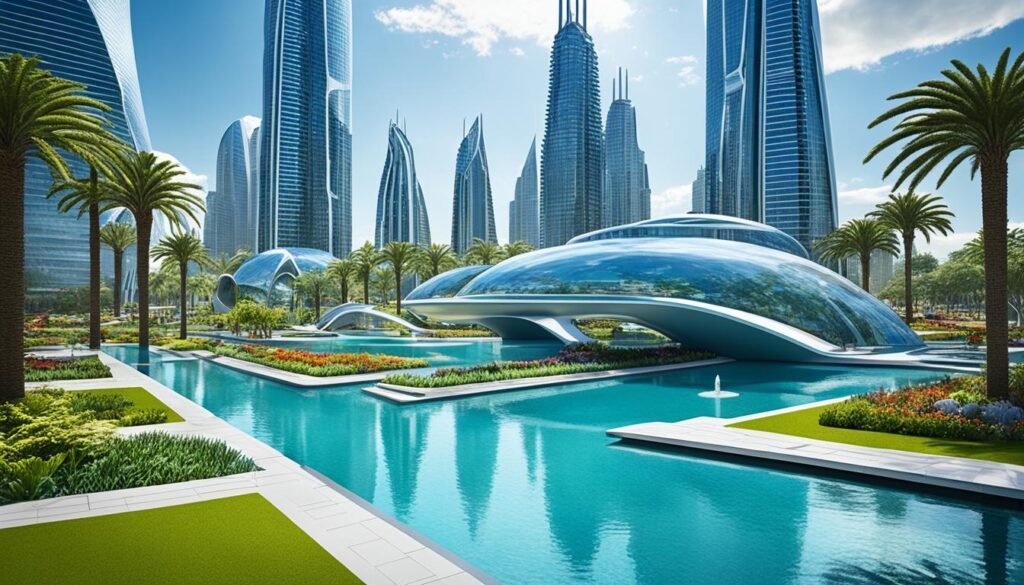
The city is changing, with every bit of ground made over. Rain gardens help with water and animals. Trees give shade, help animals, and cool the city.
Artificial landscapes also exist in digital form. Artist Refik Anadol uses technology to make stunning digital scenes. His work, like “Fluid Dreams,” shows how technology can make us see the world in new ways.
“The green revolution is embodied in reconstructed nature in the contemporary city.”
In conclusion, artificial landscapes are interesting and important in today’s world. They mix nature and human ideas in new ways. As we work to make cities better, artificial landscapes will keep changing and helping us.
Conclusion
Artificial landscapes are made by humans and differ from natural ones that form on their own. These synthetic landscapes can look like they belong with the natural terrain or stand out as unique spots like parks. They need regular care because parts can get old and need to be replaced.
Creating artificial landscapes can also be done in movies, making scenes look real and connected. Knowing about engineered landscapes shows how humans shape our surroundings. As technology gets better, the fabricated landscape features we see will become more real and smooth.
If you’re thinking about landscaping companies in Murrieta, CA, or if you’re a pro looking at AI-powered landscaping solutions, knowing what artificial landscape means is key. It helps you make better choices and design the perfect designed scenery for your place.
FAQ
What is an artificial landscape?
How do artificial landscapes differ from natural landscapes?
Can artificial landscapes be created through film editing techniques?
What are some examples of artificial landscapes?
Why is understanding artificial landscapes important?
Source Links
- https://architecture-student.com/landscape/natural-landscape-vs-artificial-environment/
- https://www.nationalgeographic.org/encyclopedia/landscape/
- https://study.com/academy/lesson/geographical-landscape-definition-examples.html
- https://land8.com/forums/topic/high-maintenance-artificial-landscapes/
- https://buildops.com/commercial-construction/landscaping-ai-tool/
- https://bpro2021.bartlettarchucl.com/rc19-excursions-on-media-ecology/archiving-artificial-landscapes
- http://www.talitazaragoza.com/artificial-landscapes
- https://gbdmagazine.com/artificial-nature/
- https://design.samsung.com/global/contents/micro-led-screen-identity/
- https://aigardenplanner.com/blog/post/revolutionizing-landscaping-the-role-of-artificial-intelligence-1672
- https://datafloq.com/read/how-artificial-intelligence-is-reshaping-tech-landscapes/
- https://smartturf.com/artificial-grass-sustainable-landscaping/

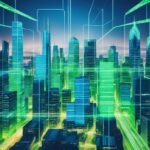
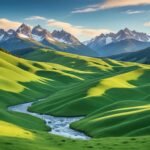


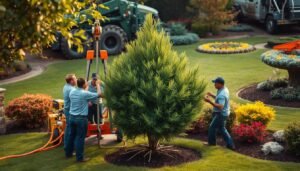
No comment yet, add your voice below!